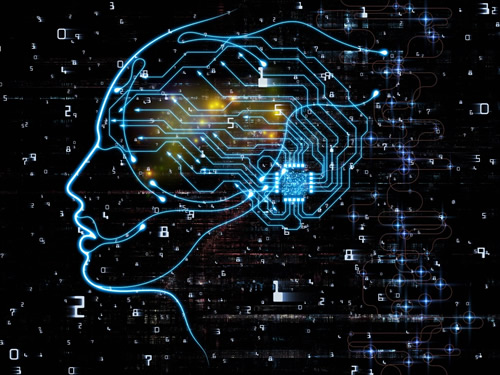ADHD / ADD / Attention Deficit Disorder
 Attention Deficit Disorder affects memory, higher intellectual function and behaviour (which is often impulsive). ADD or ADHD (Attention Deficit Hyperactivity Disorder) are associated with many other disorders, including anxiety, depression, binge eating, learning difficulties and addiction. It is a neurodevelopmental disorder rather than a mental illness.
Attention Deficit Disorder affects memory, higher intellectual function and behaviour (which is often impulsive). ADD or ADHD (Attention Deficit Hyperactivity Disorder) are associated with many other disorders, including anxiety, depression, binge eating, learning difficulties and addiction. It is a neurodevelopmental disorder rather than a mental illness.
What is Attention Deficit Disorder in adults?
Attention Deficit Disorder (ADD) is a genetic condition that patients are usually born with. So if someone in your family has it, you have a 70 percent chance of having the disorder yourself. There are clear differences in the brains of people with ADD, both anatomically and physiologically.
ADD presents differently in adults compared to children. You rarely have adults ‘bouncing off the walls’ – an expression often used to describe children with Attention Deficit Hyperactivity Disorder (ADHD). Adults with ADD/ADHD typically can’t settle. They fidget and are impulsive.
How does ADD present in adults?
Although the condition generally starts in childhood there is some intriguing research that suggests ADD can sometimes begin in adulthood. If that is proven it will change the view psychiatrists have about the condition. Patients who suffer a brain injury can get an acquired Attention Deficit Disorder.
Patients with ADD or ADHD show changes in the brain anatomically, particularly in the brainstem and frontal lobe, affecting higher intellectual function and memory. Physiologically, nerve cells do not release enough dopamine, a chemical that is needed to transmit signals from one nerve to another. The result is an inefficient, stuttering response by the brain.
How is ADD associated with other disorders?
 A person with ADD often has associated disorders, including anxiety, depression, addiction, learning difficulties, and eating disorders. However, they are often connected in an understandable way to attentional problems, often referred to as an ADHD syndrome. Life is more difficult for people with ADD, so it is not surprising they have a greater risk of suffering other conditions.
A person with ADD often has associated disorders, including anxiety, depression, addiction, learning difficulties, and eating disorders. However, they are often connected in an understandable way to attentional problems, often referred to as an ADHD syndrome. Life is more difficult for people with ADD, so it is not surprising they have a greater risk of suffering other conditions.
Anxiety often occurs because a person with ADD is worried about making a mistake or failing to perform well. When they do fail this may result in a cycle of depression because their self-esteem is affected. Binge eating may be associated because of poor impulse control and an inability to delay gratification. Difficulty concentrating may lead to learning disorders. The use of addictive substances is often an ill-considered coping mechanism which can lead to problems of their own. It is associated with Autism Spectrum Disorder and Dyslexia.
How do you describe ADD to your patients?
While ADD is often categorised as a mental illness, I believe this is misleading. Although peripheral issues such as anxiety and depression are psychiatric disorders, I don’t see ADD as a mental illness.
It is a neurodevelopmental disorder which most people are born with and can be managed. Treatment is straightforward and effective, with rapid positive results and little in the way of side effects for most people
So, if you notice that you have attentional problems, or you have been told that you may have an undiagnosed Attentional Disorder as an adult, contact my practice and we will organise an assessment.
More Information
For more information about ADD, please contact our Nedlands practice today.
![]()

